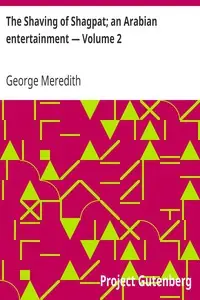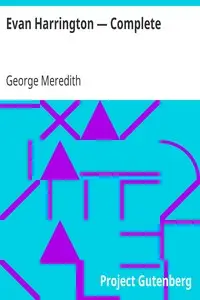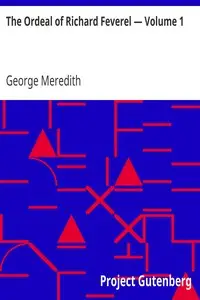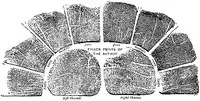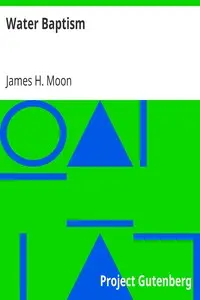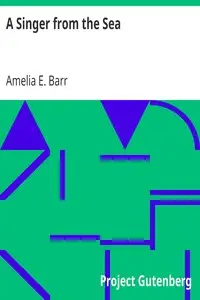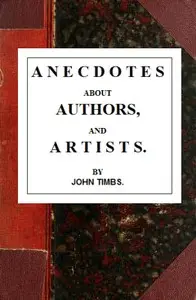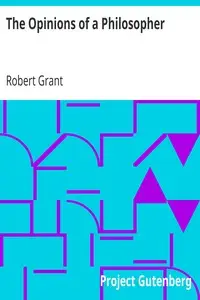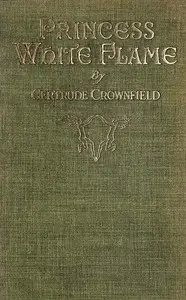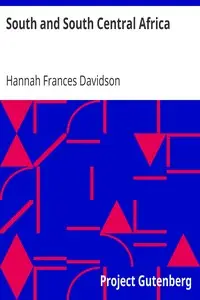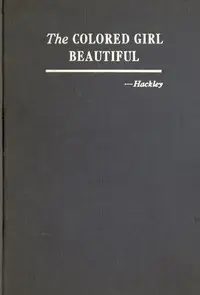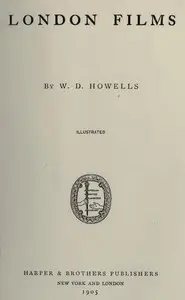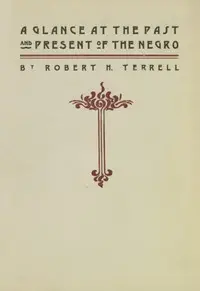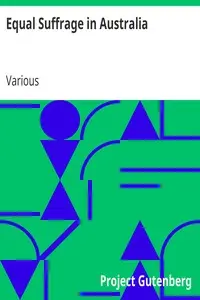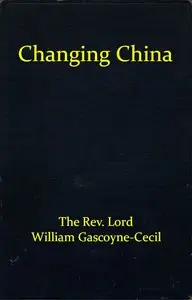"The Shaving of Shagpat; an Arabian entertainment — Volume 4" by George Meredith is a fantastic novel crafted in the late 19th century. The narrative transports readers to an enchanting world filled with magic and adventure, centered around the quest of Shibli Bagarag, who is determined to shave the head of the proud and haughty Shagpat, an act that signifies the release of a long-held enchantment affecting the city. The opening of the story introduces a mesmerizing underground kingdom where Shibli Bagarag, armed with a magical Sword, navigates through pools and columns alongside Princess Gulrevaz and seven youths. As they ascend to the surface, they discover a beautiful fountain that reveals the existence of a monstrous Genie named Karaz, threatening their beloved Noorna. Tension mounts as Shibli longs to rescue Noorna and confront Shagpat. The scene is rich with vivid imagery and fantastical elements, showcasing the blend of adventure and lyrical prose that defines Meredith's work, setting the stage for an epic tale that interweaves themes of bravery, destiny, and love. (This is an automatically generated summary.)
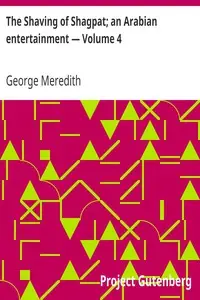
The Shaving of Shagpat; an Arabian entertainment — Volume 4
By George Meredith
"The Shaving of Shagpat; an Arabian entertainment — Volume 4" by George Meredith is a fantastic novel crafted in the late 19th century. The narrative ...
George Meredith was an English novelist and poet of the Victorian era. At first, his focus was poetry, influenced by John Keats among others, but Meredith gradually established a reputation as a novelist. The Ordeal of Richard Feverel (1859) briefly scandalised Victorian literary circles. Of his later novels, the most enduring is The Egoist (1879), though in his lifetime his greatest success was Diana of the Crossways (1885). His novels were innovative in their attention to characters' psychology, and also portrayed social change. His style, in both poetry and prose, was noted for its syntactic complexity; Oscar Wilde likened it to "chaos illumined by brilliant flashes of lightning". Meredith was an encourager of other novelists, as well as an influence on them; among those to benefit were Robert Louis Stevenson and George Gissing. Meredith was nominated for the Nobel Prize in Literature seven times.


